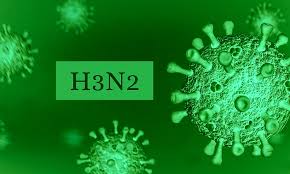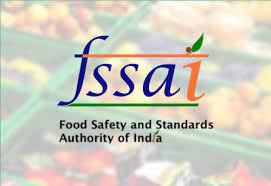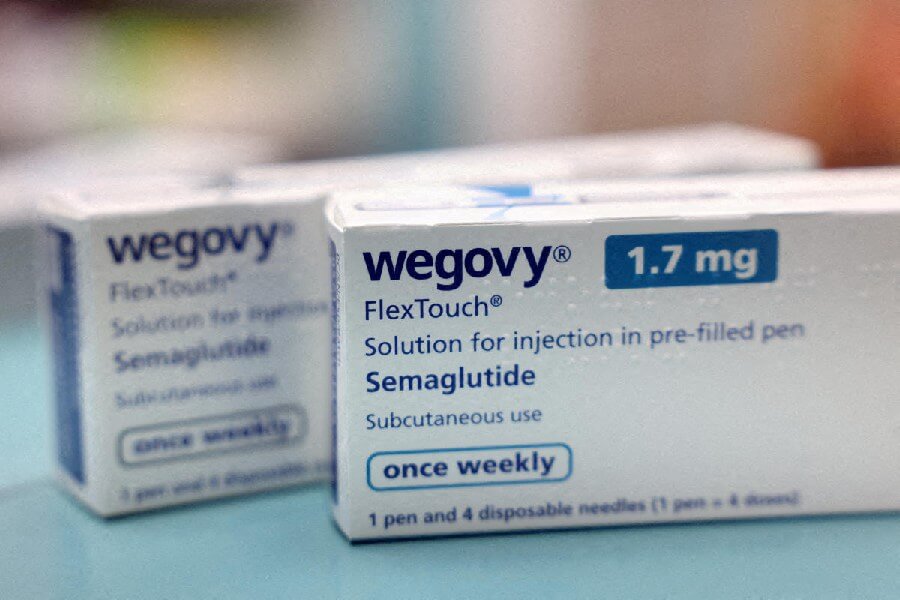Taking long-term acid reflux medication could double chance of stomach cancer
Thu 02 Nov 2017, 15:48:37

London : Stomach cancer also known as gastric cancer is the accumulation of an abnormal group of cells that form a mass in the stomach.
According to the World Health Organisation, 723,000 cancer-related deaths are caused by stomach cancer each year, globally.
It is the fifth most common cancer worldwide but the third leading cause of cancer-related deaths.
There are many drugs approved for Stomach Cancer but a new study has found that long-term use of medication prescribed to help ease acid reflux could also increase your chances of suffering.
The research revealed that proton pump inhibitors (PPI) - a class of drugs commonly used to treat the condition - could double a person's risk of developing cancer of the stomach, reports The Guardian.
The study identified an association between long-term use of the drug and a 2.4 times higher risk of developing stomach cancer.
Previous research has found an association between PPI use and heightened stomach cancer risk.
However, scientists have been unable to factor in the potential role of Helicobacter pylori - a bacteria which is more common in patients with acid reflux and which is known to play a part in the development of stomach cancer.
They compared the use of PPI against
another drug which limits acid production known as H2 blockers in 63,397 adults.
another drug which limits acid production known as H2 blockers in 63,397 adults.
The participants selected had been treated with triple therapy, which combines PPI and antibiotics to kill off the H plyori bacteria over a week between 2003 and 2012.
The researchers then monitored them until they either developed stomach cancer, died or reached the end of the study at the end of 2015.
The research found that 3,271 people took PPIs for an average of almost three years, while 21,729 participants took H2 blockers.
A total of 153 people developed stomach cancer, none of whom tested positive for H pylori but all had long-standing problems with stomach inflammation.
Talking about the study, Stephen Evans, professor of pharmacoepidemiology at the London School of Hygiene and Tropical Medicine said, "Many observational studies have found adverse effects associated with PPIs. The most plausible explanation for the totality of evidence on this is that those who are given PPIs, and especially those who continue on them long-term, tend to be sicker in a variety of ways than those for whom they are not prescribed."
The study concluded no firm cause and effect could be drawn, but doctors should "exercise caution when prescribing long-term PPIs even after successful eradication of H pylori."
No Comments For This Post, Be first to write a Comment.
Most viewed from Health
AIMIM News
Latest Urdu News
Most Viewed
May 26, 2020
Can Lionel Messi's visit boost Indian football?
Latest Videos View All
Like Us
Home
About Us
Advertise With Us
All Polls
Epaper Archives
Privacy Policy
Contact Us
Download Etemaad App
© 2025 Etemaad Daily News, All Rights Reserved.

























.jpg)
.jpg)
.jpg)


